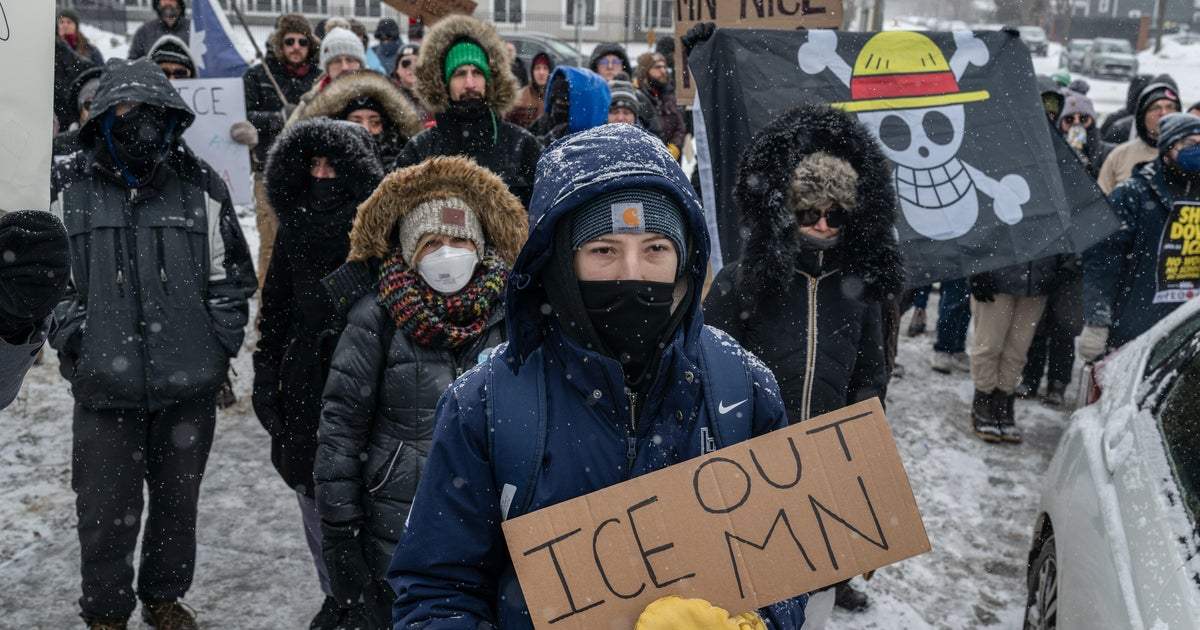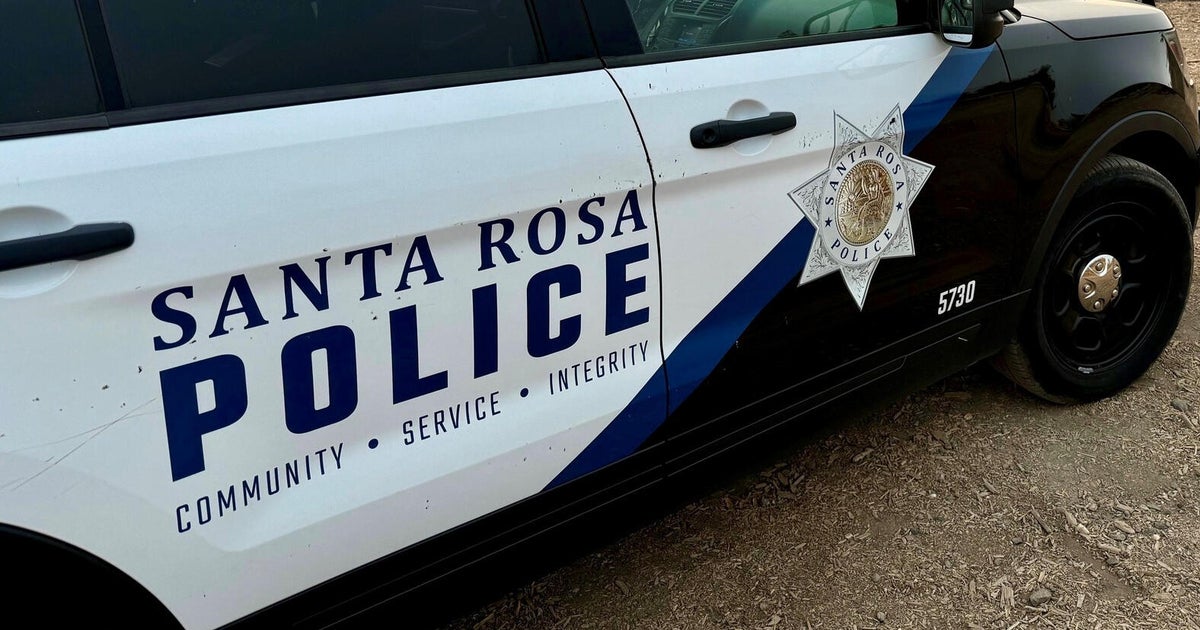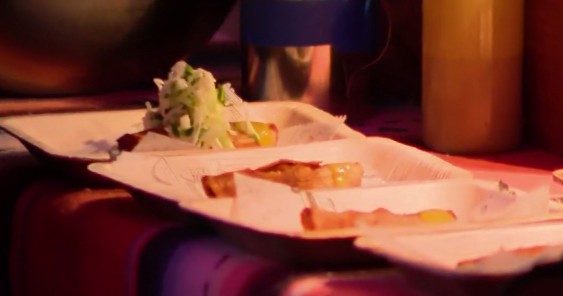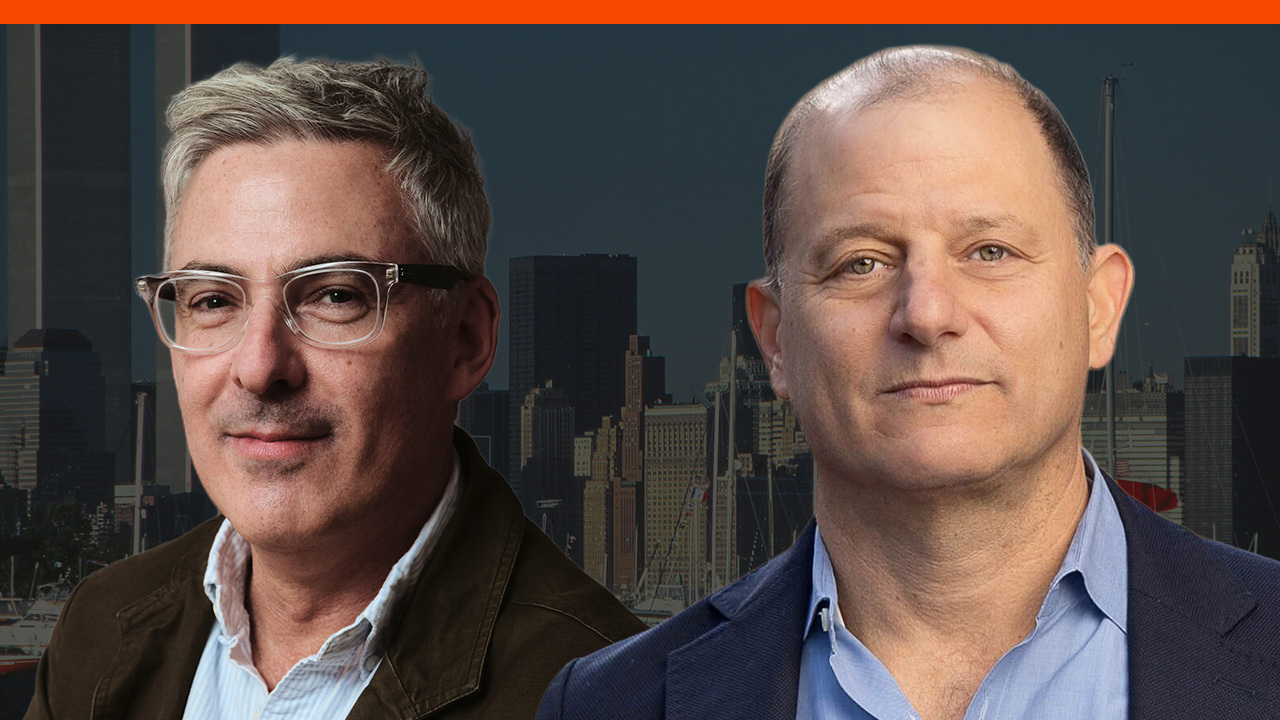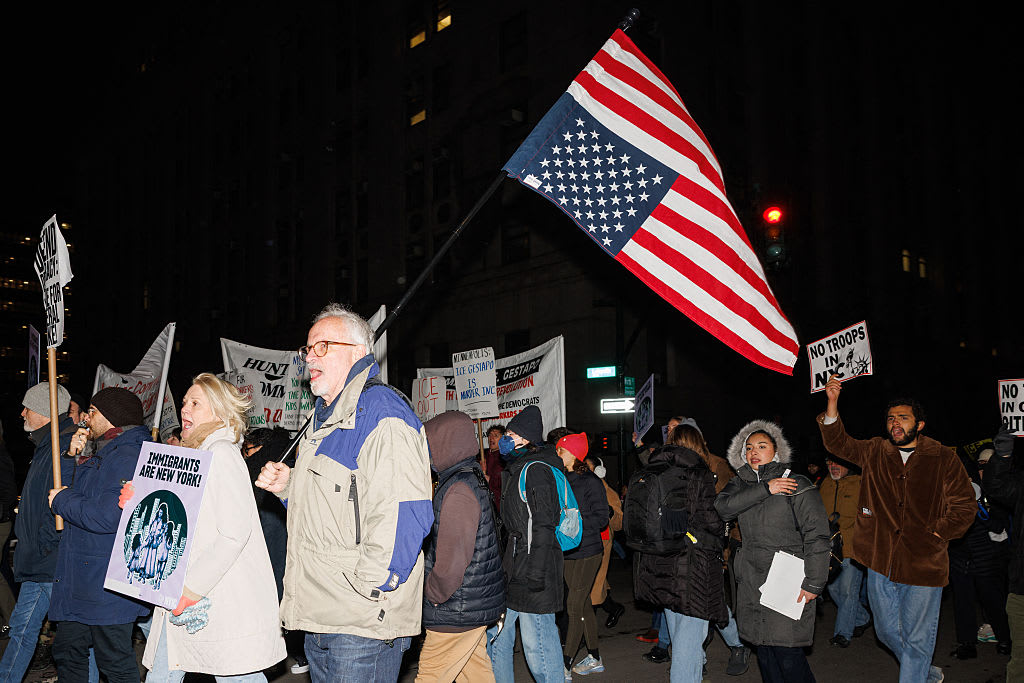Food delivery services are suing NYC for capping their fees
The nation's biggest food delivery services including Uber Eats and DoorDash are suing New York City, arguing that a fee cap first enacted during the pandemic is costing them "hundreds of millions of dollars."
The Big Apple last month implemented a permanent cap of 15% per delivery from places like Grubhub. Lawmakers first enacted the limit as a temporary measure during the pandemic, with the intent that it would steer more money toward family-owned restaurants that were hit hard by the coronavirus.
But in a lawsuit filed late Thursday, the food delivery apps said the 15% limit was arbitrary and unconstitutional and would force them to shift costs to delivery customers.
"The ordinance is unconstitutional because, among other things, it interferes with freely negotiated contracts between platforms and restaurants by changing and dictating the economic terms on which a dynamic industry operates," the lawsuit, filed in New York's Southern District, states.
The food delivery services are asking a Manhattan judge for a temporary injunction and an unspecified amount in damages.
Mark Gjonaj, a New York City Council member who pushed for making the cap permanent, told the Wall Street Journal that the council intends to move forward with the fee limits. Aside from a cap of 15% per delivery, the law also puts a 5% cap on how much DoorDash and others can charge restaurants for advertising on their platforms and a 3% cap for credit card processing fees.
Council members are considering other laws aimed at bringing greater oversight to food delivery apps, Gjonaj added. "The laws simply seek to bring fairness to a system that all too often lacks it," he told the Journal.
Singled out?
Still, lawyers for the delivery apps called the caps government overreach. They argue that New York City has unfairly singled out their companies, imposing arbitrary fee caps that other food industry vendors don't have to navigate.
"The ordinance does not cap prices on any other goods or services restaurants utilize, such as supply and equipment providers, point-of-sale vendors, online reservation services, or other marketing services like Google, Facebook or Twitter," the lawsuit states. It claims the city's law would force delivery services to renegotiate contracts with restaurants, scale back marketing efforts across the city, end contracts with some restaurants and raise fees elsewhere.
Other cities including Baltimore; Columbus, Ohio; Santa Monica, California, and Oakland, California have also enacted temporary food delivery fee caps during the pandemic. Last year, when Denver limited how much DoorDash could charge restaurants, the company passed the cost onto customers as a $2 "Denver fee."
Massachusetts' attorney general, Maura Healey, sued Grubhub in July for allegedly exceeding the state's delivery fee limits during the pandemic.
Food delivery companies became a critical service for many restaurants and their customers during the pandemic, but despite soaring revenues, they haven't been able to turn a consistent profit.
Orders handled by DoorDash reached unprecedented levels during its most recent quarter, and while revenue growth slowed from the height of the pandemic, the company said last month that sales were still up an astounding 83%, to $1.24 billion.
Yet the company lost $102 million in the quarter. Start-ups have to invest large sums to grow, and delivery start-ups say that challenge has worsened as they are forced to spend more to lure new drivers as COVID infections rise with the spread of the Delta variant. DoorDash said fee caps cost it $26 million during the most recent three-month reporting period.
In June, San Francisco became the first city to make app delivery fees permanent. DoorDash and Grubhug are suing San Francisco over that city's cap as well.
The Associated Press contributed reporting.
